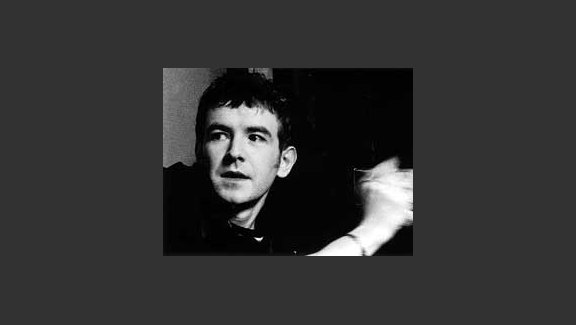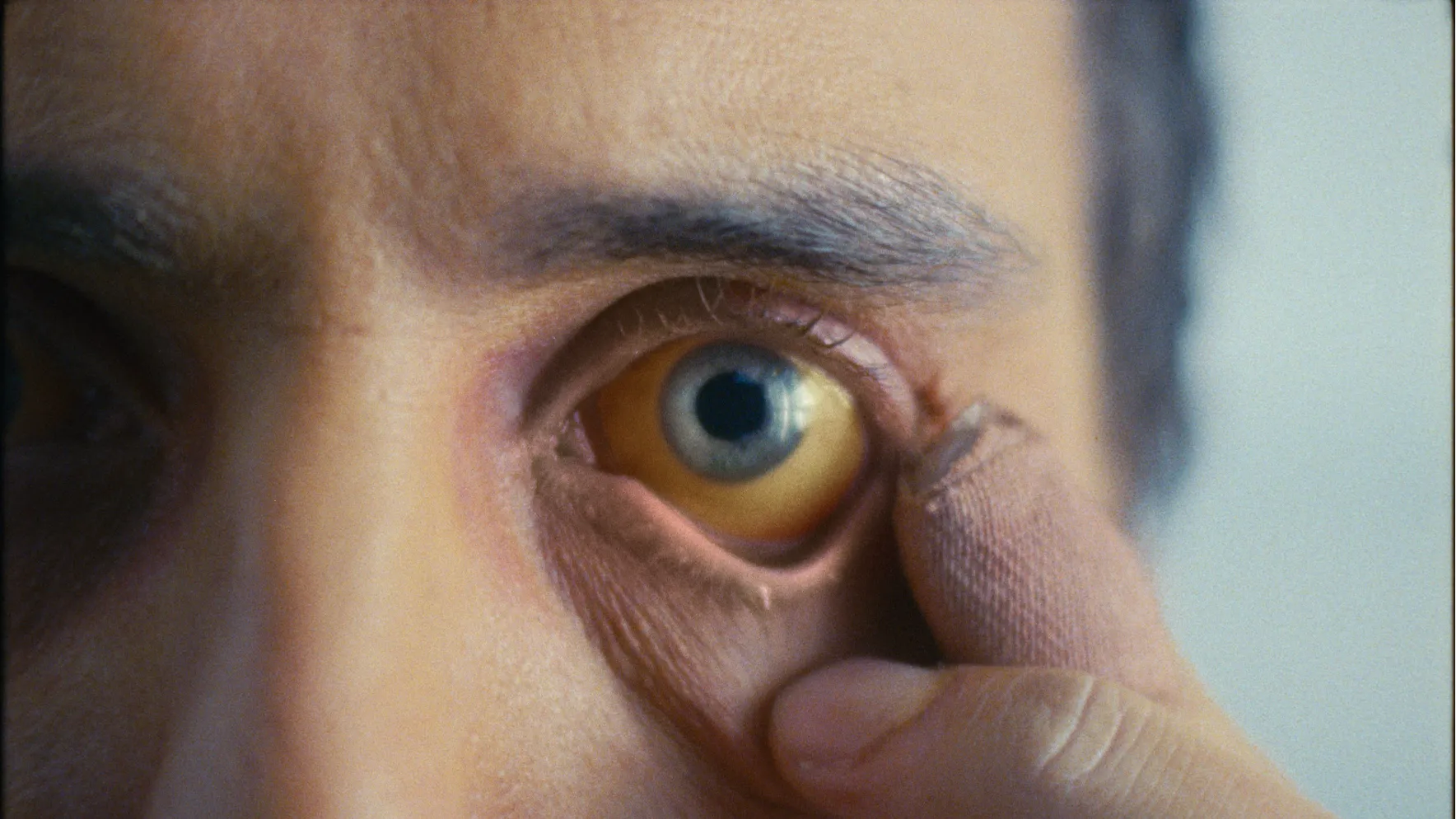The Caretaker
Synopsis
Details
- Year
- 2000
- Type of project
- Shorts
- Director
-
Charlotte Schram Hoel
- Principal cast
- Iain Jones, Canelle Hoppe, Barbara Elbourn, Lucy Robson.
Categories
Production Status
Production Company
The London International Film School
24 Shelton StreetLondon WC2H 9HP, UK
T 020 7836 9642
film.school@lifs.org.uk
Page updates
This page was last updated on 12th May 2025. Please let us know if we need to make any amendments or request edit access by clicking below.
See also
You may also be interested in other relevant projects in the database.
 The Caretaker
The Caretaker
Director: Charlotte Schram Hoel
Year: 2001
Light satiric drama about the chaotic pleasure of relationships. The young caretaker, Johnny, sees himself as a non-believer in love, until he bumps into a French girl, Marie, under a bed!
 What We Wished We Could Be
What We Wished We Could Be
Director: Luke Shelley
Year: 2025
A couple affected by the contaminated blood scandal face a difficult decision when an offer of life-saving treatment threatens their dreams for the future. Official Selection Flickers Rhode Island Film Festival 2024 - World Premiere Official Selection HollyShorts Film Festival 2024
 The Death Of Us
The Death Of Us
Director: Annabella Rich
Year: 2026
A renowned author and his wife seek refuge in the countryside after a devastating tragedy - the loss of their child in a brutal home invasion. As their grief consumes them, they soon realise memories are far from the only things haunting them. Struggling to heal, a malevolent entity emerges, twisting their reality and pulling them into an insidious plot that threatens to consume them entirely.